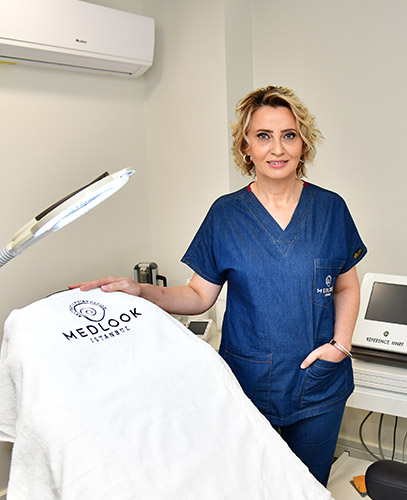
Summer is a season filled with sunshine and outdoor activities, but when considering medical procedures like hair transplantation, timing is crucial. Many people wonder whether it’s a good idea to undergo a hair transplant during the warmer months.
While there are benefits to scheduling the procedure in summer, such as potentially easier post-operative care and recovery due to less exposure to harsh weather conditions, there are also considerations to be mindful of, such as increased sun exposure and sweat, which can affect the healing process. This article explores the pros and cons of having a hair transplant in summer to help you make an informed decision.
Considerations for Hair Transplant in Summer
Opting for a hair transplant during the summer months requires careful consideration of several factors that could impact both the healing process and the overall success of the procedure. Here are the primary considerations to keep in mind if you are planning a hair transplant in the summer:
- Sun Exposure: Protecting the scalp from direct sunlight after a hair transplant is crucial. Sun exposure can not only cause discomfort and swelling but also potentially damage the newly transplanted follicles. Wearing a hat and staying in the shade is advisable, but it’s important to ensure that the hat is loose enough to avoid putting pressure on the new grafts.
- Sweating: High temperatures can lead to increased sweating, which might complicate the healing process. Sweat can irritate the scalp and introduce bacteria that might lead to infections. Maintaining a clean scalp is essential, and following your surgeon’s cleaning instructions is crucial.
- Swimming: Swimming should be avoided immediately following a hair transplant. Both chlorinated pools and saltwater can harm the grafts before they have fully settled and healed. Chemicals and salts can lead to follicle inflammation or infection.
- Physical Activity: It’s generally recommended to limit physical activity following a hair transplant to reduce sweating and the risk of bumping or scratching the transplanted area. During summer, this might mean avoiding some typical seasonal activities like sports or outdoor exercise.
- Hydration: Proper hydration is important for healing, and during summer, the body loses more fluids through sweat. Increased water intake can help ensure that your body and, by extension, your scalp remains well-hydrated, supporting the healing process.
- Air Conditioning: While it’s important to stay cool, being in a heavily air-conditioned environment can dry out your scalp. Using a mild, alcohol-free moisturizer approved by your surgeon can help manage dryness without affecting the transplanted follicles.
- Dust and Pollen: Summer can sometimes mean more airborne particles like pollen and dust, which could irritate the scalp. Keeping your scalp clean and avoiding environments with high dust or pollen counts can help prevent complications.
- Choosing the Right Hair Transplant Clinic: Selecting a reputable hair transplant clinic is essential for ensuring high-quality care and results. For instance, the Istanbul Hair Institute offers expert services with a focus on patient safety and state-of-the-art technology. Choosing a clinic with a proven track record and experienced specialists is crucial, especially when considering a procedure in the summer, as the season poses additional challenges for post-operative care.
By taking into account these considerations, you can better prepare for a hair transplant in summer and enhance your chances for a smooth recovery and excellent results.
Benefits of Hair Transplant in Summer
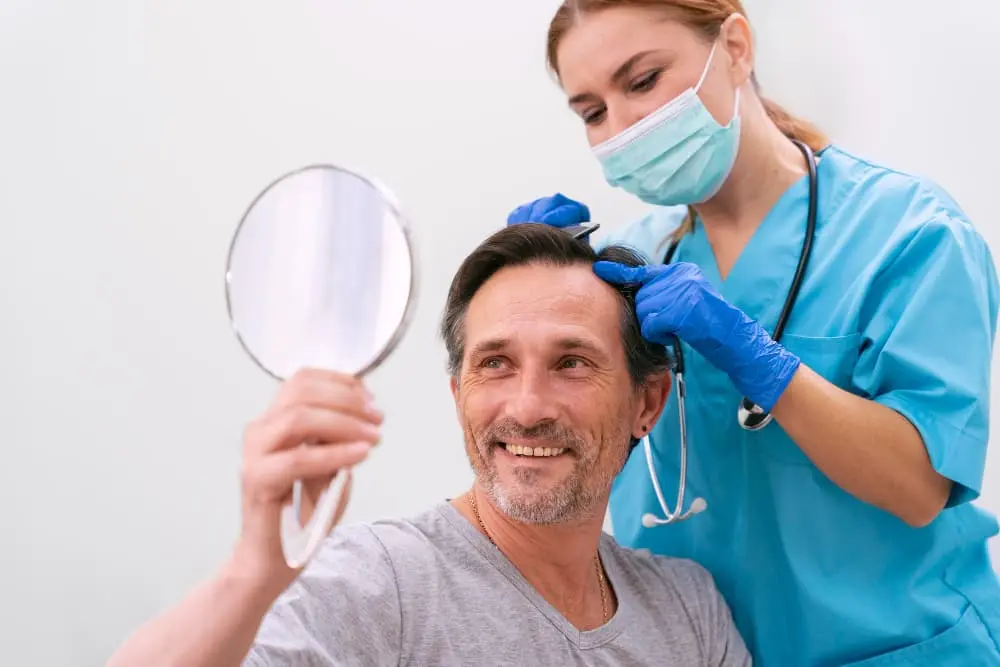
Undergoing a hair transplant in the summer offers a unique set of advantages that can enhance both the recovery process and overall satisfaction with the results. The warmer weather and longer days provide an ideal environment for post-procedure care, allowing for a more comfortable healing period. Additionally, summer vacations and flexible schedules can offer the perfect opportunity to take time off for the procedure and recovery without impacting your daily routine. Embrace the season of renewal by considering a hair transplant this summer and enjoy the benefits of improved hair growth and confidence during the sunniest months of the year.
Reduced Waiting Times and Shorter Schedule
One of the key benefits of opting for a hair transplant in the summer is the reduced waiting times and shorter schedules. With many people away on vacation, clinics often have more availability, allowing you to book your procedure at a time that suits you best. This can lead to a more convenient and stress-free experience, helping you achieve your desired results without the usual long wait.
- Availability: Many people prefer to schedule surgeries during colder months, which can lead to shorter waiting lists and more immediate appointments in the summer.
- Flexibility: With potentially fewer patients, clinics might offer more flexible scheduling options, allowing you to choose times that best fit your personal and work commitments.
- Competitive Pricing: To attract patients during the typically slower summer months, some clinics might offer special promotions or discounts.
- Cost-Effectiveness: These discounts can make summer an economically advantageous time for a hair transplant, especially if you’re looking for ways to manage the overall expenses of the procedure.
- Social Confidence: Summer is often filled with social gatherings and outdoor events. Having a fuller head of hair can significantly boost your confidence and enjoyment during these activities.
- Long-Term Benefits: Although you’ll need to protect your scalp shortly after the procedure, by the next summer, your hair will have matured and settled, allowing you to fully enjoy the benefits of the transplant.
- Psychological Impact: The positive effects on self-esteem and body image can be particularly pronounced during summer when more social interaction typically occurs.
Choosing to have a hair transplant during the summer can be advantageous due to potentially lower costs, shorter waiting times, and the psychological boost of enjoying the season with a new and improved hairline. However, it’s essential to weigh these benefits against the practical considerations of post-operative care in summer conditions.
Risks and Precautions for Hair Transplant in Summer

While the summer season might offer convenient scheduling for a hair transplant, it also comes with specific risks that must be carefully managed. Understanding these risks and taking the right precautions can help ensure the success and safety of the procedure during warmer months. Here are the critical points to consider:
- Risk of Damage: The newly transplanted hair follicles are vulnerable and can be damaged by UV radiation, which can impair the healing process and affect the survival of the grafts.
- Precautions: It’s crucial to protect the scalp from direct sunlight. Wearing a loose, breathable hat and staying in the shade are effective strategies. Avoid going outside during peak sun hours if possible.
- Sweating: Increased temperatures lead to more sweating, which can create a moist environment on the scalp conducive to bacterial growth and infection.
- Hygiene: Maintaining excellent hygiene is paramount. Follow the cleaning and care instructions provided by your surgeon meticulously. Keep the scalp dry and clean to prevent any infections.
- Aftercare Regimen: Adhering to the aftercare instructions is essential, especially in summer. This includes proper washing techniques, applying prescribed topical medications, and possibly using saline sprays to keep the area clean without harsh rubbing.
- Sun Protection: Applying a sunscreen designed for scalp use (once approved by your surgeon) can protect against UV rays without irritating the skin. Ensure the sunscreen is non-comedogenic and free from irritants that could affect the healing tissue.
While summer does pose specific challenges for those undergoing a hair transplant, these can be effectively managed with careful planning and diligent aftercare. Protecting the scalp from the sun, maintaining hygiene to prevent infection, and closely following your surgeon’s aftercare advice are crucial steps to ensure your hair transplant is successful despite the summer heat.
Preparing for a Hair Transplant in Summer

Preparing for a hair transplant in the summer requires some special considerations to ensure the best possible outcome. The warmer weather and increased sun exposure can impact both the procedure and the healing process. By taking the right steps before and after your transplant, you can maximize your results and enjoy a smooth recovery. Here are some essential tips to help you get ready for your summer hair transplant.
Consulting with a Hair Transplant Specialist
The first step in your hair transplant journey should be a consultation with a qualified hair transplant specialist. During this consultation, the specialist will assess your hair loss pattern, discuss your expectations, and determine the best approach for your needs. This is also the time to ask any questions you have about the procedure and to understand the potential outcomes and risks.
Scheduling the Procedure at an Optimal Time
Timing is crucial when scheduling your hair transplant, especially during the summer. Consider scheduling your surgery early in the summer to allow sufficient time for initial healing before engaging in outdoor activities. This timing also takes advantage of potentially slower clinic schedules, making it easier to book a convenient date.
Following Pre-operative Instructions and Guidelines
To ensure the best results, it’s important to follow all pre-operative instructions provided by your hair transplant clinic. These guidelines may include avoiding certain medications and supplements that can increase bleeding, refraining from smoking and alcohol, and taking prescribed pre-surgery medications. Adhering to these instructions helps minimize risks and prepares your scalp for optimal healing.
By carefully consulting with a specialist, planning your schedule wisely, and following all pre-operative advice, you can effectively prepare for a successful hair transplant in summer. This preparation not only optimizes the procedure’s outcome but also contributes to a comfortable and smooth recovery.
Hair Transplant Aftercare in Summer
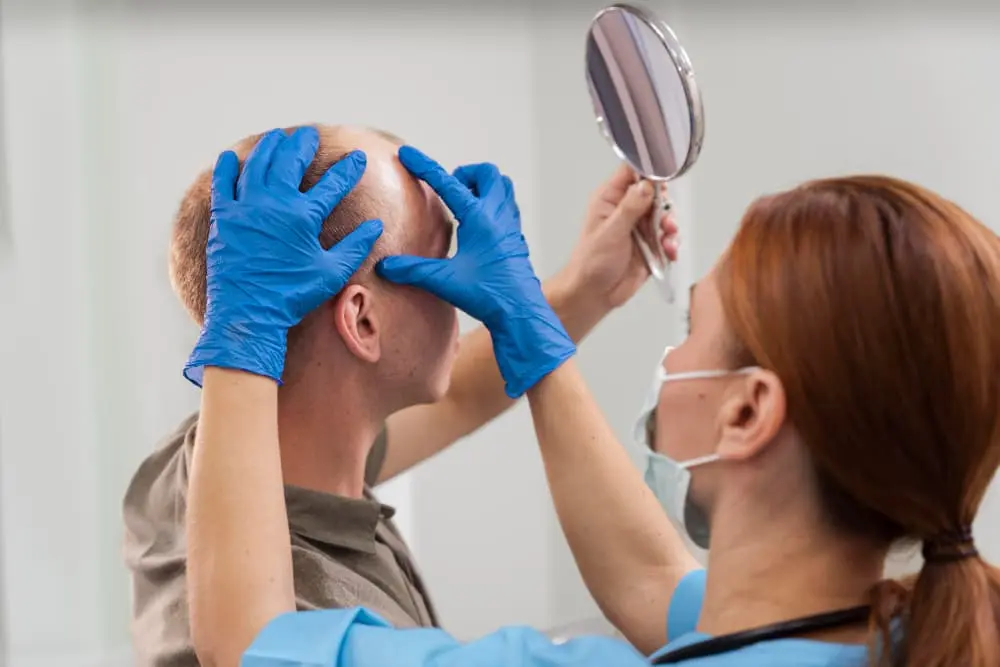
Proper aftercare following a hair transplant is crucial for ensuring the best possible outcomes, especially during the summer months when the weather poses additional challenges. Here are essential aftercare tips to consider:
Protecting the Scalp from Sun Exposure
After a hair transplant, your scalp will be sensitive and vulnerable to the harmful effects of UV rays. It is imperative to protect the scalp by avoiding direct sun exposure as much as possible. When going outside, wear a loose, breathable hat or use an umbrella to shield your scalp. This not only prevents sunburn but also reduces the risk of damaging the newly transplanted follicles.
Maintaining Proper Hydration and Nutrient Intake
Hydration is key to a successful healing process. The summer heat can increase the risk of dehydration, which can in turn affect the health of your scalp and newly implanted hair. Ensure you drink plenty of water throughout the day.
Additionally, maintaining a balanced diet rich in vitamins and minerals supports hair growth and scalp health. Focus on consuming foods high in protein, vitamin C, and iron, which are beneficial for wound healing and hair strength.
Avoiding Strenuous Activities and Excessive Sweating
In the initial weeks following a hair transplant, it is important to avoid activities that could lead to excessive sweating. Sweat can irritate your scalp and potentially lead to infections if not managed properly. Limit physical activities and avoid heavy exercise until your doctor advises that it is safe to resume. Opting for light walks or gentle movements is a safer choice during the recovery phase.
Monitoring for Signs of Infection or Complications
Be vigilant for any signs of infection or complications, such as excessive redness, swelling, pain, or discharge from the transplant sites. The summer heat can increase the risk of infection due to bacteria proliferation in warm environments.
Contact your hair transplant clinic immediately if you notice any signs of infection or if you experience unusual symptoms. Regular follow-up appointments are crucial for monitoring your healing progress and addressing any concerns promptly.
By carefully adhering to these aftercare guidelines, you can help ensure a smooth and successful recovery from a hair transplant during the summer, ultimately leading to better growth and health of your new hair.
Why Choose Our Istanbul Clinic for Summer Hair Transplants?
At Istanbul Hair Institute, we are committed to providing exceptional hair transplant services, particularly during the summer months when many clients prefer to undergo the procedure. Here’s why you should consider us for your summer hair transplant needs:
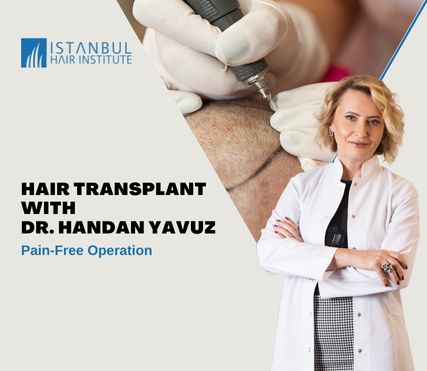
Experienced Hair Transplant Surgeons:
Our team is comprised of highly skilled and experienced hair transplant surgeons.
We specialize in the latest surgical techniques and are dedicated to providing personalized care to each client.
Our surgeons have a deep understanding of hair growth patterns and aesthetics, which ensures natural-looking and effective results.
Comfortable and Hygienic Clinic Facilities:
Our clinic is designed to provide a hygienic and relaxing atmosphere, especially in summer. We maintain stringent sanitation protocols to ensure safety for all procedures. Equipped with advanced climate control, we keep the indoor environment comfortable despite the summer heat, ensuring your experience is as pleasant as possible.
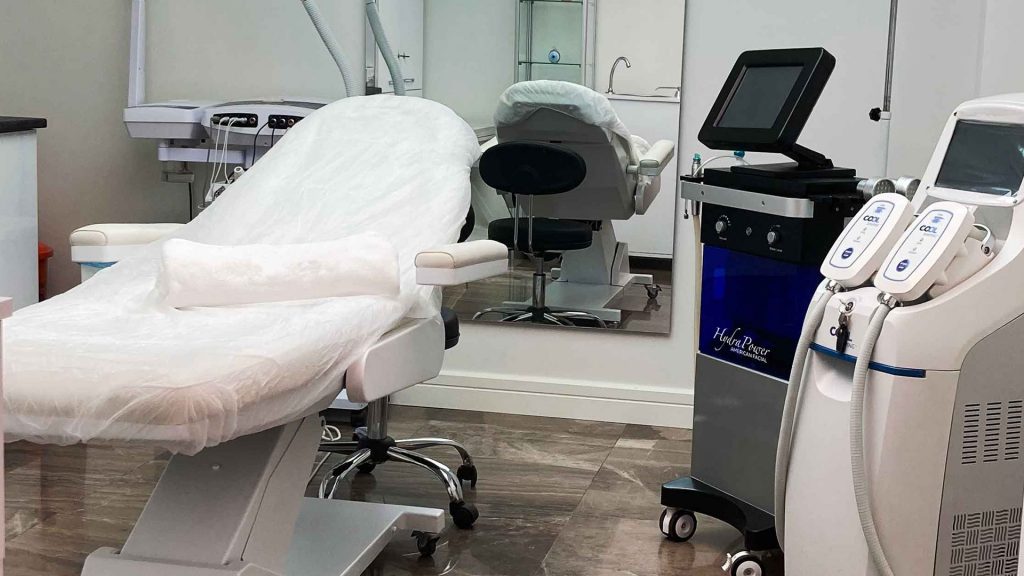
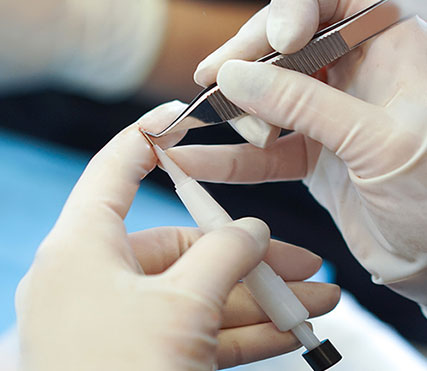
Advanced Hair Transplant Techniques:
At our clinic, we utilize state-of-the-art hair transplant technologies and methods. We are pioneers in techniques such as FUE (Follicular Unit Extraction) and DHI (Direct Hair Implantation), which are minimally invasive and promote quick healing, making them ideal for the summer months. These advanced techniques also reduce discomfort and significantly lower the risk of complications.
Proven Results in Summer:
We have a strong track record of successful outcomes, particularly in summer. Our meticulous approach ensures that each step, from pre-operative preparation to post-operative care, is tailored for the unique challenges of warmer weather. Clients consistently report high satisfaction with their transplants during the summer season.
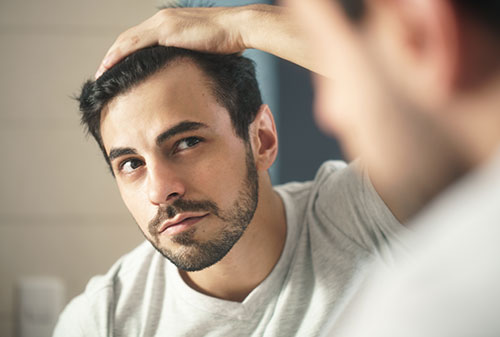
Choosing our Istanbul clinic for your hair transplant this summer means opting for quality, reliability, and care. We are dedicated to making your journey to fuller hair smooth, successful, and comfortable, leveraging our expertise to provide the best possible outcomes.
Recent Posts
-
 Does Creatine Cause Hair Loss? Separating Fact from Fiction21 Jan 2025
Does Creatine Cause Hair Loss? Separating Fact from Fiction21 Jan 2025 -
 How Long Does Hair Transplant Last? A Comprehensive Guide to Long-Term Results15 Jan 2025
How Long Does Hair Transplant Last? A Comprehensive Guide to Long-Term Results15 Jan 2025 -
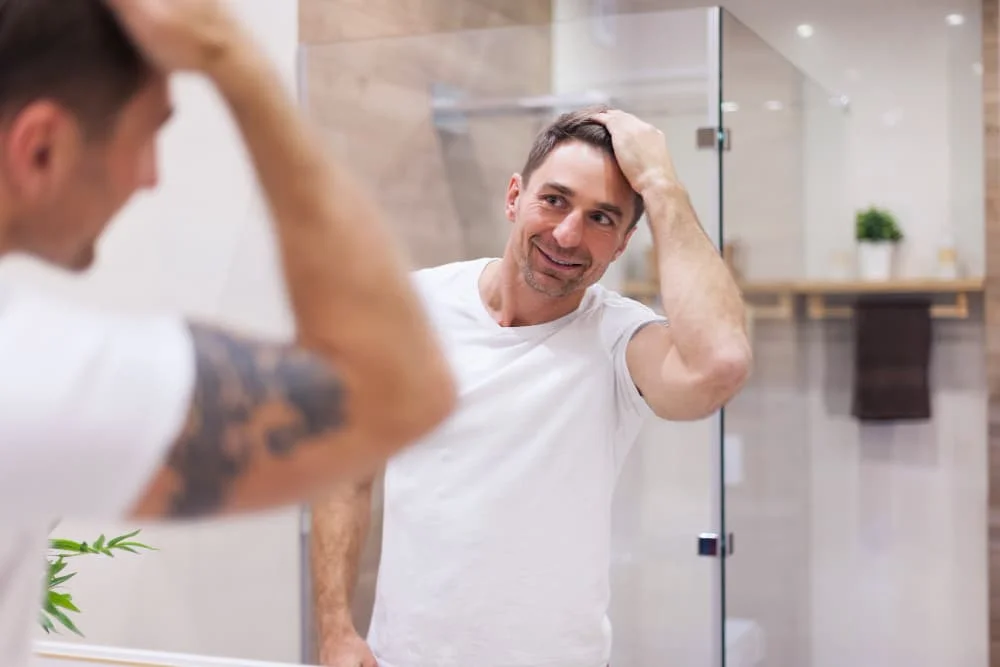 Hair Loss After Hair Transplantation: Is It Normal and What to Do?13 Jan 2025
Hair Loss After Hair Transplantation: Is It Normal and What to Do?13 Jan 2025 -
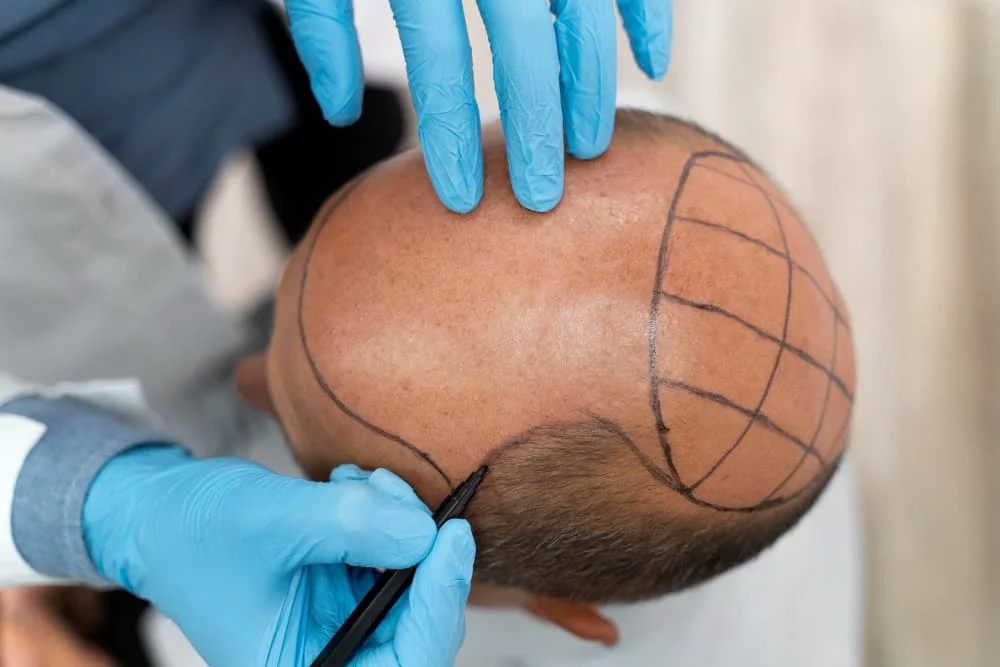 Donor Area in Hair Transplant: All You Need to Know - Istanbul Hair Institute06 Jan 2025
Donor Area in Hair Transplant: All You Need to Know - Istanbul Hair Institute06 Jan 2025 -
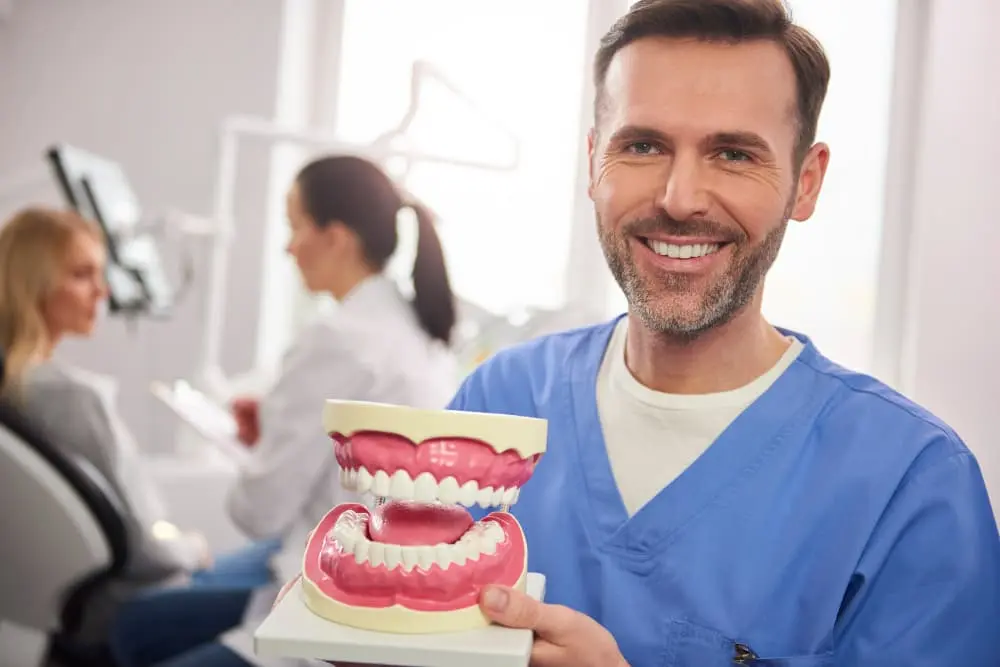 The Connection Between Oral Health and Overall Health03 Jan 2025
The Connection Between Oral Health and Overall Health03 Jan 2025
